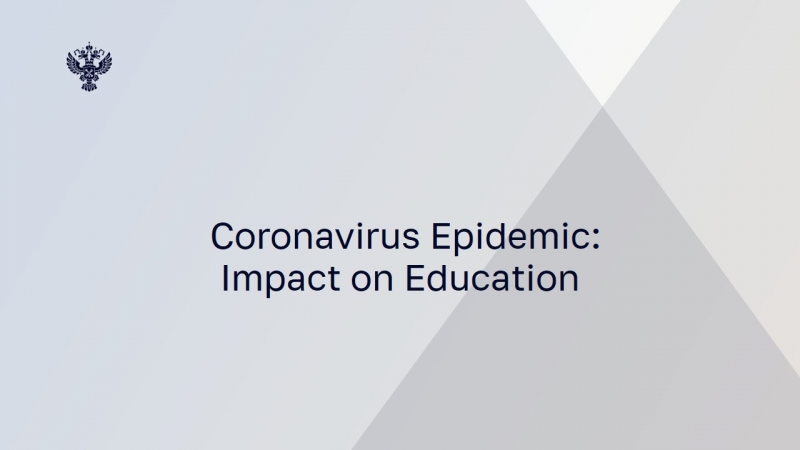UNESCO, OECD and the World Bank have conducted studies on how education is changing in the era of self-isolation and quarantine. In a few paragraphs, we describe how the governments around the world cope with these challenges.
1. Remote Learning as the Only Solution
Governments around the world have decided to close educational institutions. According to UNESCO, 188 countries have canceled schools nationwide. This affected 91.3% of students worldwide (1.58 billion people). In some countries, schools are closed at the local or regional level. The only solution in this situation is remote learning. Currently, 53 states have deployed national educational platforms.
For example, the Chinese government provides support to digitalize educational materials.
The South Korean government has announced measures to support digital education. The new school year in the country will begin as online classes on April 9. (The first semester of a school year in Korean schools usually begins on March 1 and lasts until mid-July.).
2. Digital Literacy and Infrastructure as Prerequisites
The development of digital skills among students to help them use technologies effectively and the introduction of auxiliary data and information management systems pose serious challenges.
A unified university platform iUniversity has been launched in Armenia, which allows remote learning during quarantine.
The UAE Ministry of Communications announced that five new applications for study and business began to work smoothly in all UAE networks: Google Hangouts Meet, Cisco Webex, Avaya Spaces, BlueJeans and Slack. Earlier, easy access was provided to Microsoft Teams, Skype for Business, Zoom and Blackboard.
The World Bank also notes that for some students even such measures may be inadequate—mostly for children in poor areas with limited Internet access.
British broadband access providers offer UK citizens free and unlimited Internet access.
3. Teacher Support as a Success Factor
According to UNESCO, both students and teachers will soon face a lack of motivation to learn. Educational institutions will have to deal with choosing which subjects to teach online and which to leave for students to learn independently. Some subjects, school activities and approaches will be difficult to transfer to the online environment. Not all teachers will be able to make a quick and effective transition to online education; they will need support and additional training.
The Ministry of Education and Science of Cyprus through the Pedagogical Institute provides accelerated teacher training on remote education. A large number of materials for pedagogical support are regularly posted on school sites and on the website of the Ministry.
Researchers point out that today the world community does not have enough experience to determine the volume and mechanisms of financing the online learning system.
4. OECD’s Recommendations for Successful Implementation of New Practices
The Organization for Economic Co-operation and Development identified the main tasks that governments are facing in introducing digital learning and has also made a number of recommendations:
• To establish a balance between digital learning and off-screen activities. Transferring offline schedules to the digital environment can negatively impact students’ health. Lessons can be shortened and combined with non-digital teaching methods;
• To monitor students’ emotional state. School closures can cause anxiety in children;
• To provide students with laptop computers and other necessary resources for learning;
Cypriot banks and philanthropists provide children in need with electronic devices (6,000 tablets have already arrived), and telecommunication operators offer free Internet access to ensure remote learning. The Ministry of Education and Science has collected data for all schools in Cyprus to identify needs of students.
• To ensure the safety of students, especially when it comes to the provision of programs by third parties or the absence of legal protection mechanisms and regulation in this area;
• To use open educational resources and develop new educational platforms (virtual classes);
In Cyprus, licensed software required for remote education has been purchased at the state level. Tens of thousands of children and teachers joined the system using the provided codes.
In China and Singapore, both public and private virtual classroom services have been successfully launched.
• To establish international cooperation for the exchange of educational online resources. It is worth considering the possibility of translating foreign materials to use them for educational purposes;
• To use all electronic means more efficiently. Some traditional methods of transferring knowledge (for example, broadcasting lessons on TV) are more suitable for very young students. But if infrastructure development lags behind, this experience can be shared with everyone.
The full version of the digest can be found here.
Neuigkeiten
How COVID-19 changes education: global problems and other countries experience
29.05.2020

